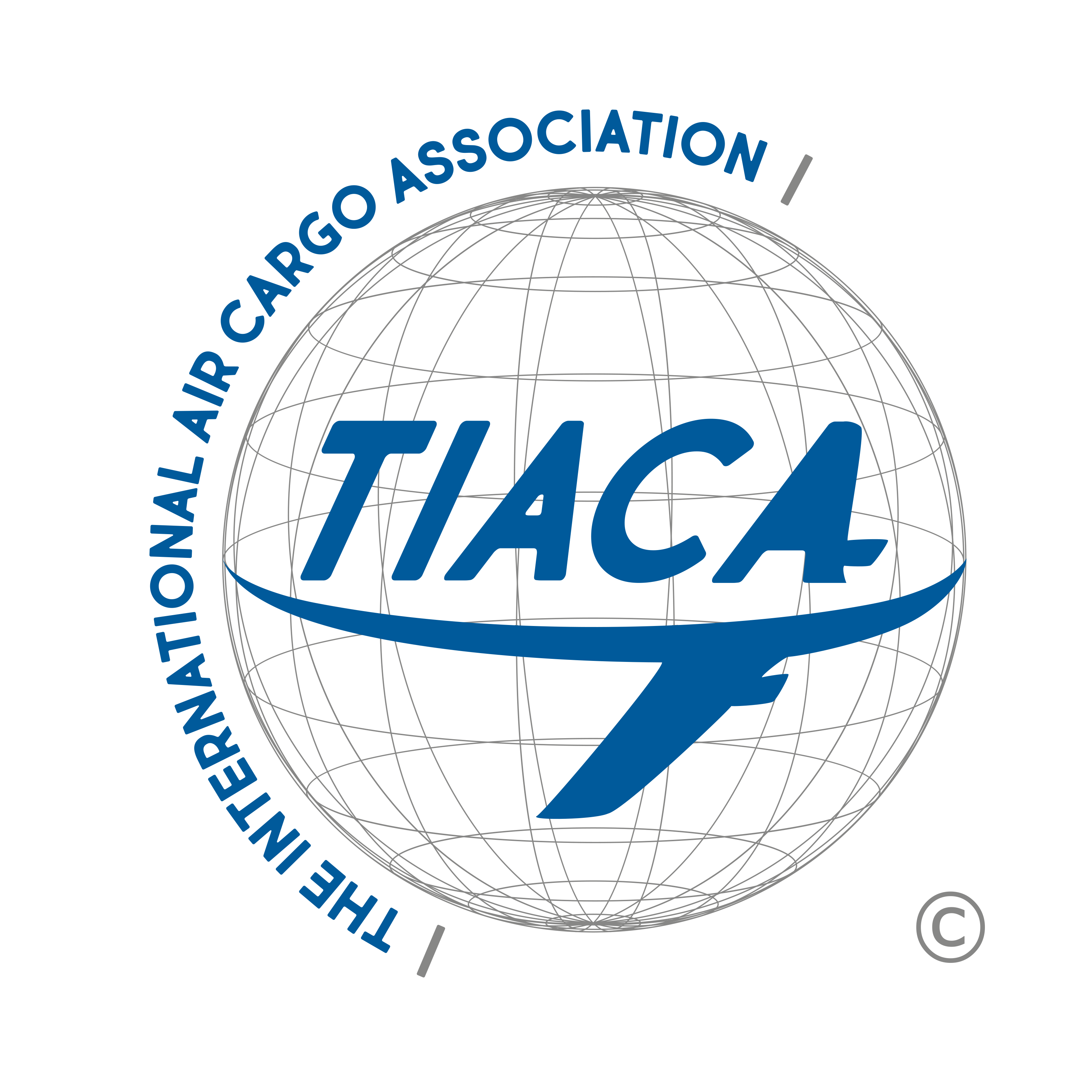Changing the narrative on air cargo sustainability
Article submitted by IATA – TIACA’s Strategic Partner
Written by: Patricia Varela, Assistant Manager, Operations Innovation & Change Management
Air cargo sustainability is not necessarily anything new. Still, if the COVID-19 pandemic has taught us anything (and it has taught us a lot), it is that the dialogue on sustainability is ready for a much-needed revamp. When we talk about industry restart, we cannot expect to go back to how air cargo worked six months ago. On one side, the industry has demonstrated its crucial contribution to society at large, transporting much-needed pharmaceuticals, personal protection equipment and medical devices to those in need. On the other side, aviation is coming under particular scrutiny with many voices asking for stimulus programs to encourage investment in sustainable growth and the reduction of carbon footprints.
Sustainability is the key to industry survival. With the evolution of technology in the past years, we are reaching the point when not investing in sustainable initiatives is the most expensive option. Reducing fuel and energy consumption, eliminating packaging waste, automating processes, and investing in lightweight materials have a positive impact on economic performance and operational efficiency. While the idea of doing so amid a global crisis may sound counter-intuitive, research shows that those who invest in innovative solutions during an economic downturn not only outperform their competitors in the recovery period but also during the crisis itself.
Expanding the vision from 3Ps to 5Ps
Until now, at IATA, we have focused our sustainability efforts on three areas: people, planet, and profit. This framework is, however, no longer enough to cover the necessary areas of action in terms of sustainability. As aviation is a driver for global development, we have embraced the United Nations Sustainable Development Goals (SDGs) as the guiding principles of our sustainability efforts.
To articulate a new air cargo sustainability framework, we are focusing on the “5 Ps” that shape the SDGs: People, Planet, Prosperity, Peace, and Partnerships. Our vision for the air cargo industry is to make a positive impact on people and the planet while contributing to global prosperity and peace through industry partnerships.
People
Air cargo has a direct impact on the reduction of poverty and hunger by fostering economic inclusion and transporting resources and medicine there where they are most needed. Together with the industry, IATA continues to work to promote diversity and inclusivity, and to create new opportunities of employment and training for young and older people, as well as new and existing industry employees.
Planet
Reducing our industry’s impact on the planet resources so it can support the needs of the present and future generations is critical. Together with the industry and international organizations, IATA has been active in creating recommended practices to measure air cargo CO2 emissions, and to fight against illegal wildlife trade. IATA continues working to enable sustainable and smart air cargo operations.
Prosperity
Creating prosperity is at the core of our mission as an industry. By enabling international trade, air cargo contributes to the economic, social and technological progress of individuals and societies.
Peace
IATA works closely with the industry and other international organizations to create standards and recommended practices to support an efficient global economy. Economic integration is a leading contributor to peaceful and mutually beneficial intra-country relationships.
Partnerships
As an industry association, partnerships are at the center of all IATA programs. Through our standard-setting activities, events and cooperation with other international organizations, we ensure we can continue working to enable a sustainable air cargo industry. IATA is proud to work closely with all partners throughout the supply chain from manufacturers and shippers to forwarders to truckers to border agencies to airlines to importers to industry suppliers to retailers to consumers. Collaboration, trust and mutualized benefits are critical for industry sustainability.
In conclusion, we must all ask ourselves three questions when it comes to a sustainable future. If not me then who? If not this then what? And if not now then when?
Together we can create a better tomorrow.

